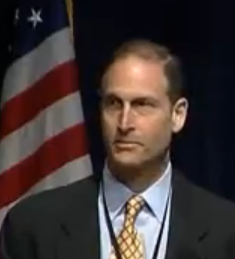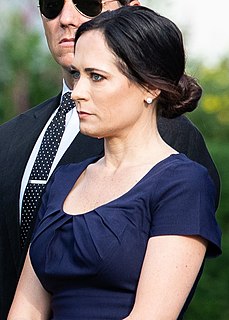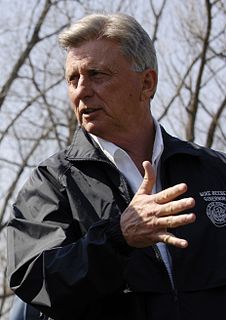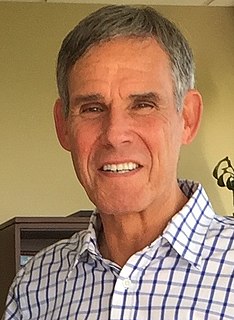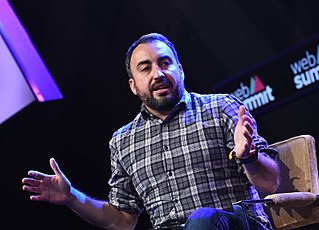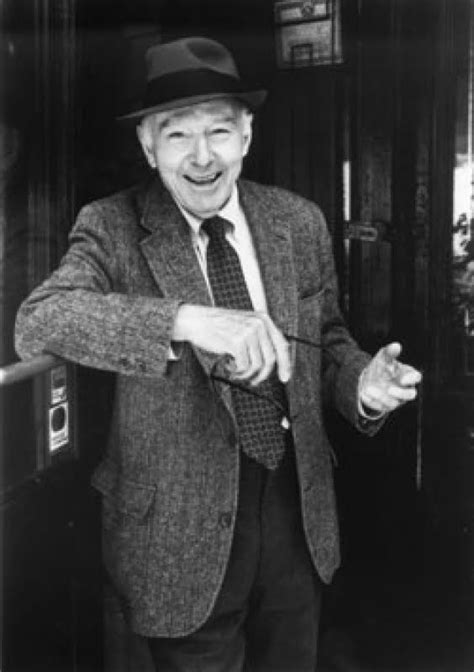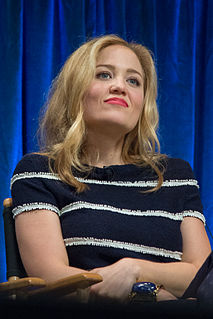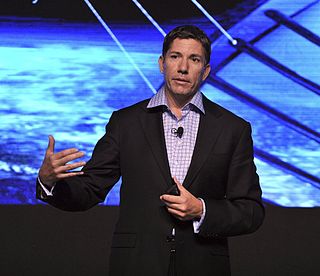Top 1200 Personal Information Quotes & Sayings
Explore popular Personal Information quotes.
Last updated on April 14, 2025.
Television is altering the meaning of 'being informed' by creating a species of information that might properly be called disinformation. Disinformation does not mean false information. It means misleading information - misplaced, irrelevant, fragmented or superficial information - information that creates the illusion of knowing something, but which in fact leads one away from knowing.
We have a way of dealing with information that has sort of personal - personally identifying information in it. But there are legitimate secrets - you know, your records with your doctor; that's a legitimate secret. But we deal with whistleblowers that are coming forward that are really sort of well motivated.
I think that I would really like at first for the art to speak for itself. I don't see the need for a lot of personal information about my past or who I am. I would rather the personal side of it just be in the concepts and the genuine feelings that I filter through my work. I know that it's inevitable that people can find whatever they want about me. Once I've had a chance to create a language and a world with my art, then I'm more comfortable sharing that information.
Information wants to be free.' So goes the saying. Stewart Brand, the founder of the Whole Earth Catalog, seems to have said it first.I say that information doesn't deserve to be free.Cybernetic totalists love to think of the stuff as if it were alive and had its own ideas and ambitions. But what if information is inanimate? What if it's even less than inanimate, a mere artifact of human thought? What if only humans are real, and information is not?...Information is alienated experience.
I don't think we should have less information in the world. The information age has yielded great advances in medicine, agriculture, transportation and many other fields. But the problem is twofold. One, we are assaulted with more information than any one of us can handle. Two, beyond the overload, too much information often leads to bad decisions.
In an information economy, entrepreneurs master the science of information in order to overcome the laws of the purely physical sciences. They can succeed because of the surprising power of the laws of information, which are conducive to human creativity. The central concept of information theory is a measure of freedom of choice. The principle of matter, on the other hand, is not liberty but limitation- it has weight and occupies space.
Well, there's a question as to what sort of information is important in the world, what sort of information can achieve reform. And there's a lot of information. So information that organizations are spending economic effort into concealing, that's a really good signal that when the information gets out, there's a hope of it doing some good.
Normally if you add information to information, you have more information. In case of my art, I destroy information, I would say, because the image is disturbed by the writings. In a way, they become pure imagery. For me it's really fun because it's an idealistic approach to images, to just play around with information and see what's happening.
We have to remember that information sharing is restricted by legal barriers and cultural barriers and by the notion that information is power and therefore should be hoarded so if you share information you can extract something in exchange. In today's digital online world, those who don't share information will be isolated and left behind. We need the data of other countries to connect the dots.
Our investigation looked at whether there is evidence classified information was improperly stored or transmitted on that personal system, in violation of a federal statute making it a felony to mishandle classified information either intentionally or in a grossly negligent way, or a second statute making it a misdemeanor to knowingly remove classified information from appropriate systems or storage facilities.
We see it in attempts on Capitol Hill to impose gag rules on rules on doctors on what they can say to their patients about family planning. And we certainly see it now with an effort by the government to tap our phones; invade our medical records, credit information, library records and the most sensitive personal information in the name of national security.
Data isn't information. ... Information, unlike data, is useful. While there's a gulf between data and information, there's a wide ocean between information and knowledge. What turns the gears in our brains isn't information, but ideas, inventions, and inspiration. Knowledge-not information-implies understanding. And beyond knowledge lies what we should be seeking: wisdom.
Well, there's a question as to what sort of information is important in the world, what sort of information can achieve reform. And there's a lot of information. So information that organizations are spending economic effort into concealing, that's a really good signal that when the information gets out, there's a hope of it doing some good...
